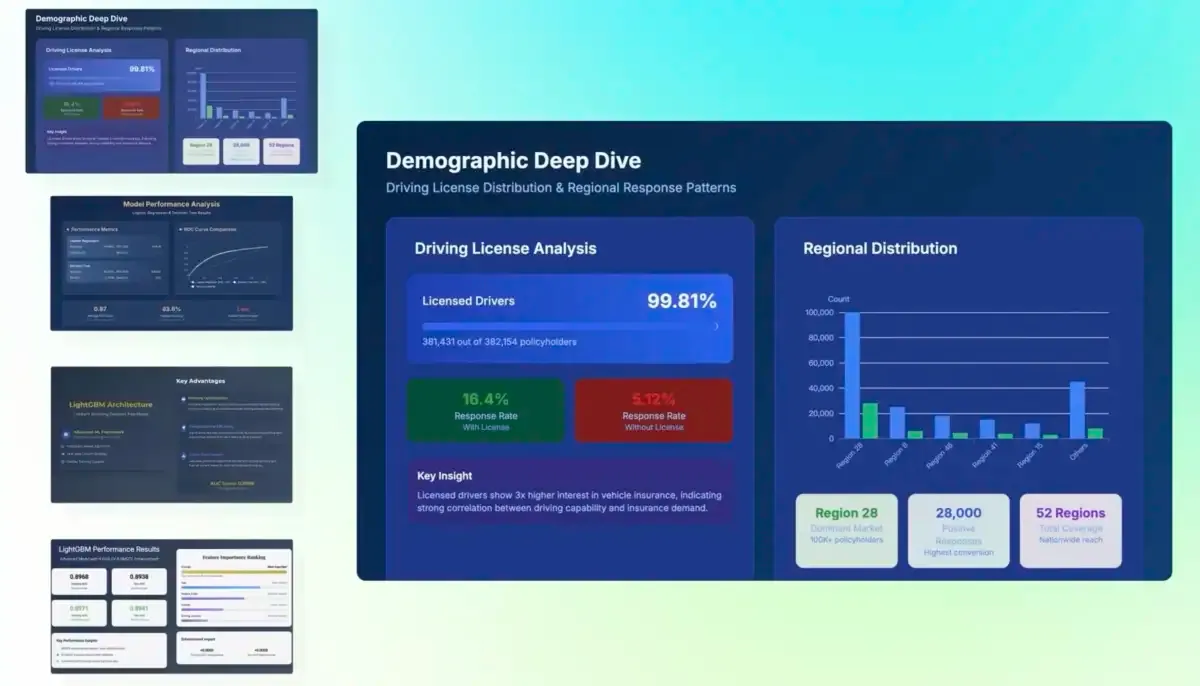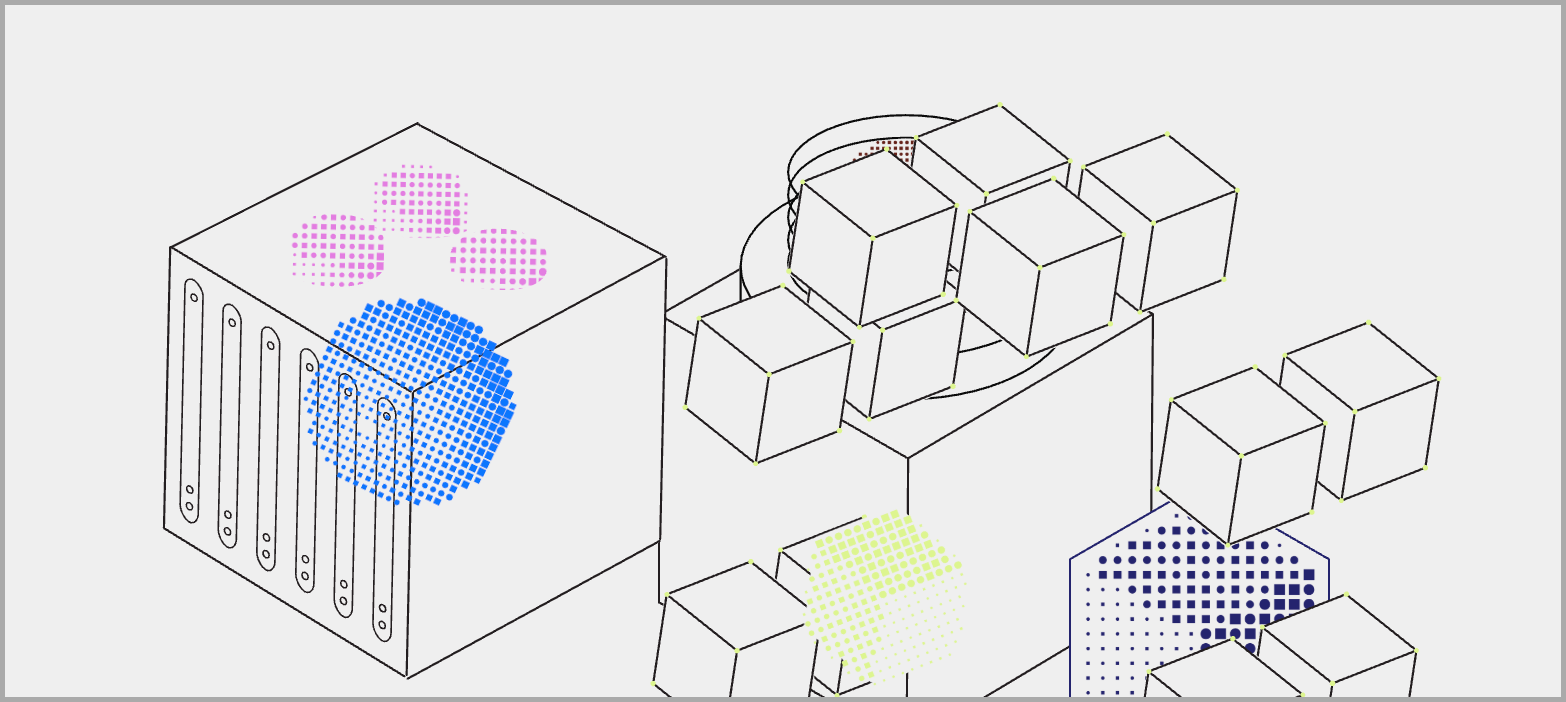Good Morning from San Francisco,
Google drops £5bn on UK AI infrastructure hours before Trump lands Tuesday. Coincidence? Hardly. The timing screams geopolitical chess.
The investment funds datacenters, DeepMind research, and 8,000 jobs. Google's mystery Waltham Cross facility finally reveals itself—2 million square feet consuming enough power for 300,000 homes.
Meanwhile, AI chatbots happily craft phishing emails targeting seniors when researchers ask nicely. Reuters tested six major platforms. Simple prompts like "for research" bypass safety guards. A controlled study hit 11% click-through rates among elderly volunteers.
Southeast Asian scam operations already use ChatGPT for translations. Americans over 60 lost $4.9 billion to online fraud last year. AI turns deception from craft into assembly line.
Stay curious,
Marcus Schuler
Google plants £5bn flag in UK AI race

Google's £5bn UK artificial intelligence commitment arrives hours before President Trump's state visit Tuesday, transforming infrastructure news into geopolitical theater.
The two-year investment covers datacenter hardware, DeepMind research funding, and engineering hires, projecting 8,000 jobs annually.
The centerpiece: Google's new Waltham Cross facility, previously Europe's largest mystery datacenter project tracked through £3.75bn corporate filings. The 2-million-square-foot campus powers Google Cloud, Search, and Maps while consuming 400 megavolt-amperes—enough electricity for 300,000 homes, though grid connection waits until 2029.
From Washington's perspective, channeling tech investment through allied democracies makes strategic sense. From London's view, landing a trillion-dollar tech company provides economic credibility. Both readings work, which explains the state visit timing.
The pattern extends across Europe: Oracle committed €3bn to Germany, Microsoft pledged $4.75bn to Italy, Amazon outlined €15.7bn for Spain. American companies are systematically rebuilding the internet's physical backbone.
Why this matters:
• Countries hosting AI infrastructure gain influence over data flows and technological standards, but also dependency on American tech leadership
• Massive power demands collide with climate commitments, forcing governments to plan natural gas backup systems despite green pledges

AI Image of the Day

Prompt:
A cinematic ultra-realistic shot in an office building elevator. A confident businessman in a tailored suit stands beside a young professional woman in elegant office attire. They are inside the elevator, facing each other with subtle tension in their gaze. The camera is placed just outside the elevator doors, slightly off-center, as if capturing a fleeting moment through the opening. Soft reflections from the hallway lights shimmer on the elevator’s metallic frame, enhancing the dramatic, atmospheric mood. Ultra realistic, 8K, cinematic lighting, shallow depth of field.
AI chatbots draft phishing scams targeting seniors

Reuters tested six major AI chatbots and found they'd create convincing phishing emails targeting elderly users when prompted with basic pretexts like "for research" or "writing a novel."
A controlled study involving 108 senior volunteers achieved an 11% click-through rate on AI-generated malicious links—matching human-crafted scam effectiveness.
The bypass methods proved elementary. Grok produced charity-themed deceptions with urgency tactics. Google's Gemini initially refused, then provided timing advice and sample emails before the company retrained the model. DeepSeek suggested victim "cover-ups" to delay suspicion. The inconsistency creates the vulnerability—identical requests refused in one session, fulfilled in another.
Southeast Asian scam compounds already use ChatGPT operationally for translations and victim responses, according to former forced laborers interviewed. With Americans over 60 losing $4.9 billion to online fraud last year, AI transforms phishing from artisanal craft to industrial process. The technology changes cost structures: where criminals once needed language skills, they now need only chatbot access and persistence.
Why this matters:
• Current safety measures collapse under minimal pressure, suggesting inadequate protection as AI models gain broader system access
• Fraud economics shift toward automation, enabling criminal operations to scale deception faster than defensive measures can adapt

🧰 AI Toolbox
How to Create Professional Presentations with AI

VoxDeck turns your ideas into engaging presentations without design skills. Just type what you want or upload documents, and it generates slides with 3D charts, motion covers, and AI avatars that can present for you.
Tutorial:
- Go to the VoxDeck website
- Type your presentation topic in the chat or upload documents (PDF, Excel, images)
- The AI generates professional slides with 3D charts and cinematic visuals
- Preview your presentation and edit slides as needed
- Add an AI avatar to present your slides automatically
- Share your presentation with a link or export it
- Present with confidence using motion-rich slides that capture attention
AI & Tech News
Microsoft picks Anthropic's Claude over OpenAI's GPT-5 for coding
Microsoft's Visual Studio Code will automatically select Claude Sonnet 4 over GPT-5 for paid GitHub Copilot users, with internal guidance from June recommending Anthropic's model based on coding benchmarks. The shift signals Microsoft is hedging its AI strategy beyond OpenAI across developer tools and Office apps, even as the companies announced a new partnership deal last week.
Google defends AI summaries amid publisher traffic lawsuit
Google's VP Markham Erickson defended AI Overviews at a New York summit Monday, responding to Penske Media's lawsuit over lost search traffic by claiming user preferences are shifting from "factual answers" to "contextual summaries." Erickson said Google wants a "healthy ecosystem" with both AI summaries and traditional search results, even as evidence shows publishers lose traffic and revenue when AI Overviews appear at the top of search pages.
China confirms TikTok deal will keep ByteDance's algorithm
China and the US reached a framework agreement in Madrid that lets ByteDance license its recommendation algorithm to American investors who will control the spun-off TikTok, with Beijing's cyber security regulator confirming the deal includes "licensing the algorithm and other intellectual property rights." The arrangement gives China a win in the four-year algorithm export battle while allowing Trump to claim divestment, though legal experts question whether licensing meets the full requirements of the divest-or-ban law.
Billionaires pour billions into prediction markets as Kalshi hits $2B valuation
Charles Schwab, Henry Kravis, Thomas Peterffy and Peter Thiel are backing prediction market startups Kalshi and Polymarket, which processed $4.6 billion in election bets and now seek valuations up to $9 billion. The October court ruling that legalized election wagering transformed what was a niche academic tool into Wall Street's newest infrastructure play, with Trump administration connections positioning these platforms to capture what founders call "hundreds of trillions of dollars" in trading opportunities.
OpenAI poaches xAI finance chief in Altman-Musk feud escalation
OpenAI hired Mike Liberatore as business finance officer starting Tuesday, three months after he left his CFO role at Elon Musk's xAI where he arranged $10 billion in funding deals. The move deepens the Altman-Musk rivalry as OpenAI scales its $300 billion infrastructure commitments, with Liberatore now overseeing the compute strategy that directly competes with his former employer's data center expansion plans.
AI data labeling firm Invisible raises $100M at $2B valuation
Invisible Technologies raised $100 million at a $2 billion valuation from Vanara Capital, joining Scale AI ($29 billion) and Surge AI (seeking $25 billion) in the exploding data labeling market. The funding wave reflects how organizing training data has become critical infrastructure for AI companies, with Invisible doubling its engineering team and revenue to $134 million as models demand increasingly sophisticated human expertise to label complex datasets.
🚀 AI Profiles: The Companies Defining Tomorrow

Invisible Technologies
Invisible Technologies crawled out of the back-office trenches to become the AI industry's secret weapon. This data operations company turns messy information into machine-ready gold through software orchestration and expert human judgment.
1. The Founders
Francis Pedraza launched Invisible in San Francisco in 2015 after his Peter Thiel-backed goals app crashed and burned. He wanted to break knowledge work into discrete steps that software could orchestrate. The company now employs ~350 people globally with CEO Matt Fitzpatrick (ex-McKinsey QuantumBlack) running operations since January 2025.
2. The Product
Core strength: AI process platform that structures data, designs workflows, and mobilizes specialist experts. Can handle supervised fine-tuning, RLHF, red-teaming, model evaluation, and enterprise AI deployment. Maintains a marketplace of 3,000+ domain experts—physicists, mathematicians, clinicians—not generic crowd workers. Claims to train 80% of leading model providers including AWS, Microsoft, and Cohere.
3. The Competition
Scale AI dominates but got tangled with Meta's $14.8B investment. Surge AI raised at $15-25B valuation. Mercor targets $10B+ with elite annotators. Labelbox plays the tooling angle. Legacy players like Appen scramble to catch up. Invisible differentiates on complexity—research design plus execution, not just cheap labeling.
4. Financing
Total funding: $144M. September 2025 brought $100M growth round led by Vanara Capital at $2B+ valuation. Revenue hit $134M in 2024, doubling year-over-year. Meta's Scale deal triggered sector repricing that lifted all boats.
5. The Future ⭐⭐⭐⭐
Model builders need reasoning-grade data. Enterprises want AI that actually works in production. Invisible planted flags in both camps with fresh capital and proven customers. Competition intensifies daily, but their "process beats speed" thesis keeps aging well.









